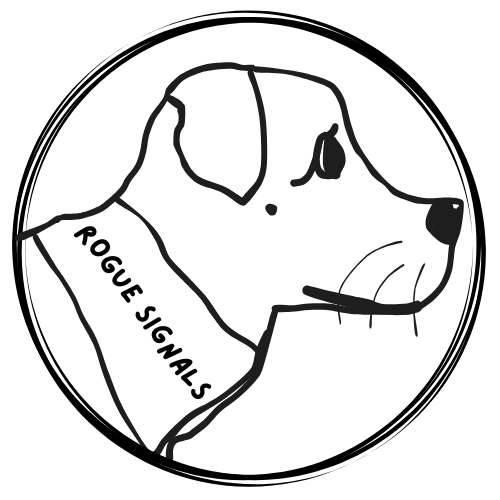Paris Court Reverses Macron’s Ban on Israeli Defense Firms

TL;DR
The Paris Commercial Court has overturned French President Emmanuel Macron’s decision to ban Israeli defense companies from participating in the upcoming Euronaval Defense Expo. The court ruled the ban as unconstitutional and discriminatory based on nationality, allowing Israeli firms to showcase their technology at one of Europe’s largest naval defense exhibitions. This ruling highlights rising diplomatic tensions between France and Israel, especially as Macron pushes for stricter arms policies amid Middle Eastern conflicts
Paris Court Reverses Macron’s Ban on Israeli Defense Firms
In a significant legal ruling, the Paris Commercial Court declared that President Emmanuel Macron’s decision to ban Israeli defense manufacturers from the Euronaval Defense Expo in November was unconstitutional. The court found that barring Israeli companies from the event amounted to discrimination based on nationality, violating both French law and EU principles of non-discrimination. This ruling paves the way for Israeli companies, including prominent players like Rafael Advanced Defense Systems and Israel Aerospace Industries, to participate in the prestigious event
Background: Macron’s Push for an Arms Embargo
The original ban was part of Macron’s broader response to Israel’s ongoing military activities in Gaza and Lebanon. Amid rising concerns over regional instability, Macron urged European countries to reassess arms sales to Israel, suggesting that weapons used in these conflict zones violate human rights. In his recent remarks, Macron emphasized the need for “responsible” arms distribution and called for a pause on weapon supplies to countries actively engaged in high-casualty conflicts
However, this policy faced immediate backlash. Israeli Prime Minister Benjamin Netanyahu criticized Macron’s stance, accusing him of unfairly targeting Israel while ignoring the context of self-defense against attacks from militant groups like Hezbollah. Netanyahu described the ban as a politically motivated move that unfairly singles out Israeli companies in the global defense industry
The Legal Challenge and Court’s Decision
In response to the exclusion, Israeli defense firms, with support from the Israel-France Chamber of Commerce, filed a legal complaint with the Paris Commercial Court. They argued that the ban violated non-discrimination laws and restricted free trade, especially since Israeli companies had heavily invested in preparing for the Euronaval Expo. The court agreed, ruling that excluding companies solely based on nationality undermines France’s commitment to fair trade and equitable business practices in public events
This is not the first time Israeli firms have faced challenges in French defense events. Earlier this year, Israeli companies were barred from Eurosatory, a major land defense exhibition, due to similar concerns over Israel’s actions in Gaza. Although the court overturned that decision as well, the reversal came too late for Israeli firms to participate, resulting in financial and reputational losses
Diplomatic and Strategic Implications
The court’s ruling underscores deepening diplomatic tensions between France and Israel. Macron’s attempts to regulate arms sales to Israel reflect his administration’s commitment to promoting international peace and stability. However, this approach has strained Franco-Israeli relations, complicating future defense partnerships. For Israel, the court’s decision is a relief, allowing its defense firms to maintain a presence in the European market and showcase technological advancements at a critical time.
For Macron, the ruling poses a challenge to his policy direction, as it calls into question the feasibility of unilateral arms restrictions. Moving forward, France’s stance on defense exports in conflict-prone regions will likely be scrutinized, especially as Macron balances national security interests with international relations
The Paris court’s decision to allow Israeli companies to participate in Euronaval sets a precedent on the limits of trade restrictions based on nationality. As Israeli defense firms prepare to take part in the expo, Macron’s administration faces renewed challenges in navigating the complexities of defense diplomacy. This ruling not only impacts France-Israel relations but also signals to other countries the potential legal risks of imposing selective trade restrictions in an interconnected global economy.
